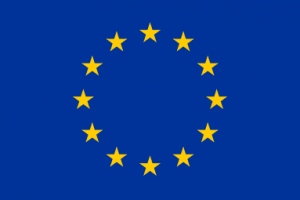The module is focused on computational simulations. These advanced tools that nowadays characterize the methods of research and innovation are framed within the wider paradigm change brought by the data revolution and data-intensive methodologies that invest not only the STEM disciplines but also the social sciences and the arts. In particular, the module is focused on agent-based simulations as methods that can be used to model complex systems that consist of many individual components that interact among each other and with the environment. Agent-based simulations are analysed from a conceptual and computational point of view for their key role of embedding mechanisms of interaction, properties of the agents and emerging features of the systems, and for their use to elaborate possible future scenarios. By exploiting analogical reasoning, the students are guided to recognize that simulations originally formulated to model predator-prey interactions or the behavior of magnetic materials can be applied to model societal situations like the behavior of economic markets and opinion dynamics.
The module on computational simulations embeds mainly the FEDORA's themes of interdisciplinarity and futures. Indeed, the object of computational simulation lies at the interface between physical modelling, mathematical formalization, and computational implementation but also social sciences; hence, it can be characterized as an interdisciplinary "boundary" object. Moreover, simulations have a future-oriented character since they allow to perform experiments in a virtual laboratory in which many possible scenarios of future evolution of many types of systems can be obtained; the future-oriented character of simulations is mirrored in a series of activities of scenarios' construction based on simulaitons that aims at enhancing students' immagination toward the future through science education.
The module consists of about 20 hours, articulated in different types of activities. Since the beginning, students are introduced to the main pillars of the module: interdisciplinarity and future, both reflecting on the complex intertwining between science and society. The module starts with an overview lecture on the computational science in the era of big data. Then, activities are conducted to make students experience the variety of researches that can be carried out based on simulations: in our implementation, presentations were delivered by experts or researchers who use simulations for their studies in the field of climatology, infectivology, astrophysics, particle physics and also arts and creativity. Special time is then dedicated to explore interactively with students some agent-based simulations in Netlogo, by pointing out the features of the models they embed (from a physical, mathematical and computational perspectives) and the scenarios they produce. To bridge the scientific models to societal applications, an activity is carried out to make students develop analogies between the previously encountered simulations and real societal issues. After a presentation on the main concepts and vocabulary of futures studies, the last activity of the module asks the students to work in group to work on a simulation to elaborate possible and desirable future scenarios for the school of the future and to outline possible actions to be undertaken to achieve the preferred one.
